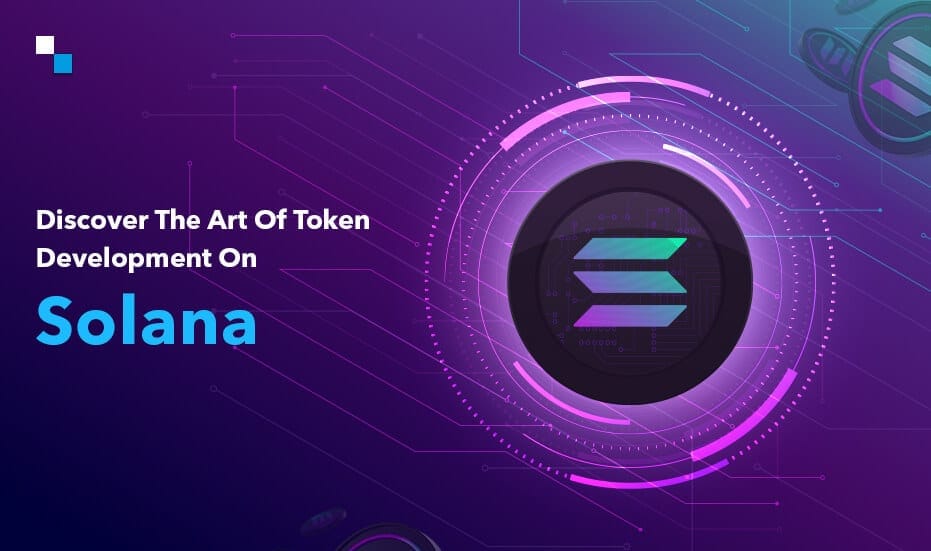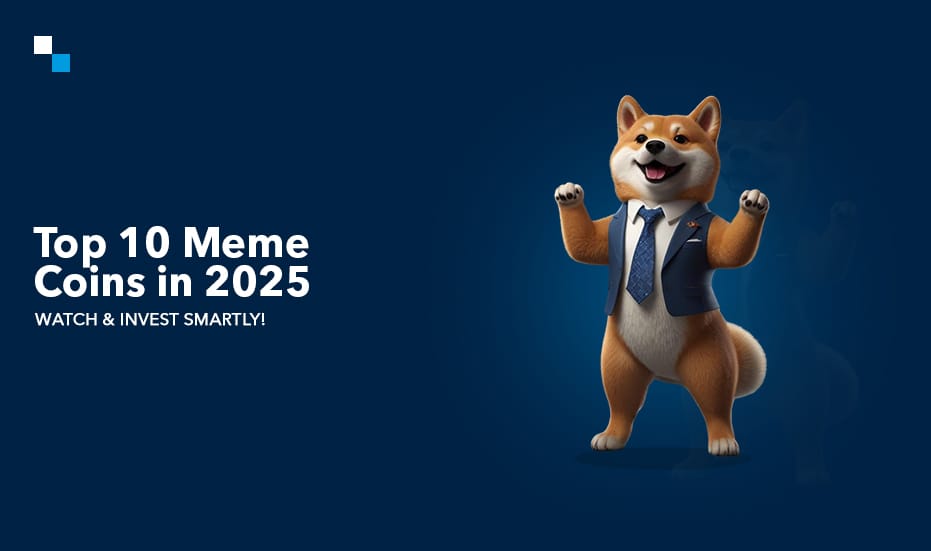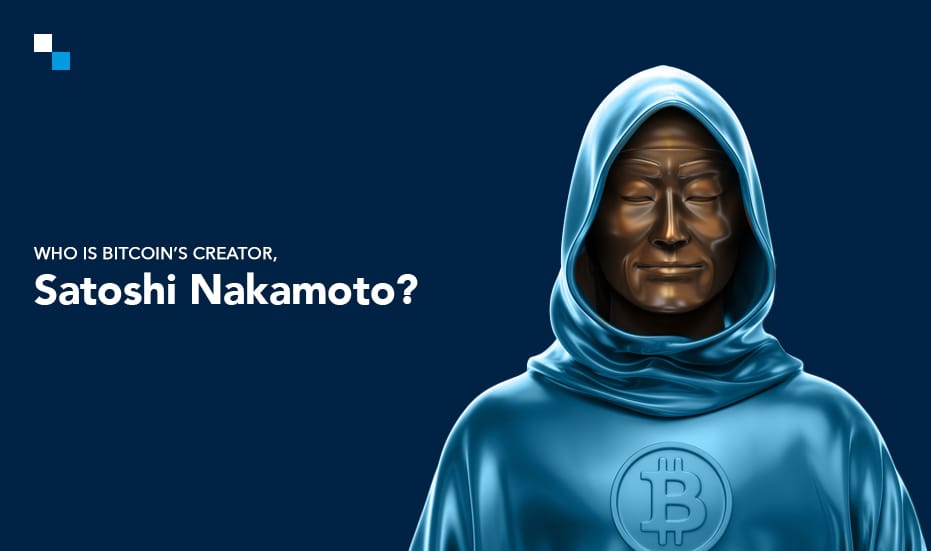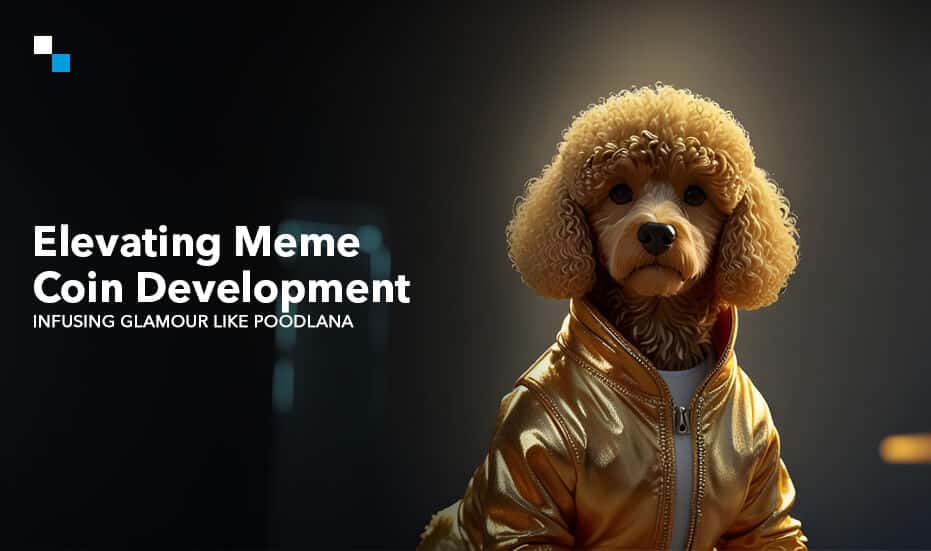
Key Reasons to Opt For Solana Blockchain Development in 2024
November 20, 2023
Smart Contract Development on Ethereum: The Future of Digital Transactions
November 21, 2023Solana stands tall as a beacon of speed and efficiency in an ever-evolving ecosystem with a current market cap of $ 24.27B USD. Thus, token development on the Solana blockchain seems to be the perfect idea for all enthusiasts who are eager to tap into this unparalleled space. A choice increasingly favored for its exceptional speed, low transaction costs, and scalability.
Additionally, Solana’s innovative architecture, leveraging Proof of History (PoH) and Proof of Stake (PoS), sets it apart, offering top token development companies an efficient and reliable environment. Let us scroll down to explore the technical nuances, market cap, what makes Solana stand out better as a blockchain platform for token creation than Ethereum or any other blockchain network, benefits, the token development process, and its cost.
Token Development On Solana Vs. On Ethereum
Solana token development offers distinct advantages over Ethereum, primarily due to Solana’s high throughput, low transaction costs, and scalability. Solana’s unique consensus mechanism, Proof-of-History, ensures faster transaction confirmations, enabling thousands of transactions per second. This efficiency results in significantly lower fees compared to
Ethereum, making it more cost-effective for token creation and transactions. Not only this, but Solana’s developer-friendly environment and comprehensive documentation further streamline the development process.
Additionally, Solana’s scalability accommodates growing decentralized applications (DApps) seamlessly. While Ethereum remains a robust blockchain, Solana’s performance-oriented features make it an appealing choice for token development, particularly for projects demanding high-speed transactions, reduced costs, and enhanced scalability.
Create Token On Solana: What Are The Benefits?
Token development on the Solana blockchain comes with several benefits, making it an attractive choice for various projects.
Let us scroll down to explore some key advantages:
- High Throughput- Solana is known for its high throughput, capable of processing thousands of transactions per second. This ensures fast and efficient token transactions, making it suitable for projects with high-frequency activities.
- Low Transaction Costs- Solana’s low transaction fees contribute to cost-effective token development. This can be particularly advantageous for projects that involve microtransactions or frequent transfers.
- Scalability- Solana’s architecture is designed for scalability, allowing decentralized applications (DApps) and tokens to scale easily as user adoption grows. This is crucial for projects with expanding user bases.
- Fast Confirmation Times- Solana’s fast block times lead to quick confirmation of transactions. This is advantageous for applications where near-instantaneous transaction finality is essential, such as decentralized exchanges or gaming platforms.
- Developer-Friendly Environment- Solana provides robust developer tools, documentation, and support, creating a conducive environment for token development. Developers can benefit from a range of resources to streamline the creation and deployment of tokens.
- Security- Solana employs advanced cryptographic techniques and consensus mechanisms like Proof-of-History to enhance security. This ensures a secure environment for token transactions and smart contract execution.
- Smart Contract Capabilities- Solana supports smart contracts, allowing developers to implement complex logic within tokens or decentralized applications. This expands the functionality and use cases for tokens developed on the Solana blockchain.
- Ecosystem Growth- Solana has witnessed significant ecosystem growth, with various projects and decentralized applications choosing to build on its platform. This growing ecosystem can offer opportunities for partnerships and integrations.
Are you planning to leverage token development solutions based on the Solana blockchain? Before embarking on token development on any blockchain, it is essential to carefully assess the specific requirements and goals of your project to determine the most suitable platform. Solana’s unique features and performance metrics make it a compelling choice.

What Is The Procedure For Token Development On The Solana Blockchain?
Token development on the Solana blockchain involves several complex steps, spanning from project planning to deployment. However, one needs professional assistance and guidance from skilled blockchain experts. Here is a simple procedure for token development on the Solana blockchain.
Step 1: Project Planning
Ensure that you plan your project and acquire proper business consulting with the token development company you have tied up with. A clear understanding and planning of the project helps an individual to develop the project better and faster.
Step 2: Define the purpose of your token
Determine the use case and functionalities of your token. Also, ensure to identify your target audience and market and understand the needs and preferences of your intended users. Design the token supply, distribution, and utility to align with your project goals.
Step 3: Choose Token Standards
Solana uses the SPL (Solana Program Library) token standard. Determine whether you will use the standard SPL Token or a custom token standard based on your project requirements.
Step 4: Set Up Development Environment
Install necessary tools: Set up the Solana Command-Line Interface (CLI), Rust programming language, and other development tools.
Step 5: Create a Wallet
Generate a Solana wallet to store and manage your tokens. Also, fund the wallet with SOL (Solana’s native cryptocurrency) to cover transaction fees.
Step 6: Develop Smart Contracts
Develop smart contracts using the Rust programming language. If you wish, you can utilize the Solana Token Program library for token-related functionality, and implement the desired logic for your token, such as minting, burning, and transferring.
Step 7: Testing
Test your smart contracts thoroughly to identify and fix any bugs or vulnerabilities.
Use the Solana Testnet to simulate the deployment environment and conduct testing in a sandboxed environment.
Step 8: Security Audits
Conduct security audits on your smart contracts to ensure they are resilient to potential vulnerabilities. Engage with third-party security auditors or firms specializing in blockchain security.
Step 9: Deployment
Deploy your smart contracts to the Solana Mainnet when you are confident in their security and functionality. Pay attention to transaction fees and account balances to cover deployment costs.
Step 10: Integration
Integrate your token into relevant platforms, wallets, or decentralized applications (DApps) to ensure widespread adoption.
The Solana token development steps and tools may vary based on the complexity and unique features of your token project. It is advisable to seek assistance from an experienced token development company boasting qualified and skilled blockchain professionals for a smooth crafting process.
Major Real-World Applications: Solana Token Development
Token development on the Solana blockchain finds applications across various industries and use cases, thanks to Solana’s high throughput, low transaction costs, and scalability.
Some major use cases include:
- Decentralized Finance (DeFi)- Solana has become a popular platform for DeFi projects. Tokens on Solana facilitate decentralized lending, borrowing, trading, and yield farming. Projects like Serum, Raydium, and Mango Markets have implemented DeFi solutions on the Solana blockchain.
- Non-Fungible Tokens (NFTs)- Solana supports the creation and trading of NFTs, which represent unique digital assets. Artists, musicians, and content creators use Solana to tokenize and sell their digital creations. Solana NFT marketplaces have also gained popularity.
- Gaming and Virtual Assets- The high throughput and low latency of Solana make it suitable for gaming applications. Solana token development solutions can represent in-game assets, characters, or other virtual items. GameFi projects leverage Solana for play-to-earn gaming experiences.
- Tokenized Real Assets- Solana enables the tokenization of real-world assets, such as real estate or commodities. This allows for fractional ownership and easier transfer of ownership through blockchain-based tokens.
- Cross-Border Payments- Solana’s fast transaction confirmation times and low fees make it suitable for cross-border payments. Token development solutions based on Solana can be used to facilitate quick and cost-effective international transactions.
- Supply Chain Management- Blockchain tokens on Solana can be utilized to represent and track physical goods throughout the supply chain. This helps enhance transparency, traceability, and accountability in supply chain management.
- Identity and Access Management- Tokens on Solana can be employed for secure identity verification and access control. This use case is relevant in various industries, including healthcare, finance, and digital identity management.
- Energy Trading- Solana’s efficiency makes it suitable for energy trading platforms. Tokens can represent energy credits, and the blockchain facilitates transparent and secure transactions within energy marketplaces.
The above-mentioned highlight the versatility of token development solutions designed on the Solana blockchain, showcasing its potential across industries. As the Solana ecosystem continues to grow, new and innovative use cases for Solana-based tokens will likely emerge.
Need Advise for Token Development?
[widget id=”custom_html-3″]
Token Development On Solana: What is the estimated cost?
The cost of Solana token development may vary significantly based on several factors. Let us explore the key considerations that influence the estimated cost-
- Token Type- The complexity of the token you want to develop plays a crucial role in determining the cost. Basic fungible tokens may have a lower development cost than more complex non-fungible tokens (NFTs) or security tokens.
- Smart Contract Complexity- If your token requires the implementation of smart contracts on the Solana blockchain, the complexity of these contracts will impact the development cost. More intricate logic and features within the smart contract may increase the overall expense.
- Token Development Company Rates: The rates charged by blockchain developers or development teams can vary based on their experience, expertise, and geographical location. Rates may be higher for highly skilled developers or teams with a proven track record in Solana development.
- Tokenomics Design- Designing the tokenomics, including features such as supply, distribution, and utility of the token, can affect the overall cost. A well-thought-out tokenomics model may require more effort and thus contribute to higher token development costs.
- Security Measures: Implementing robust security measures to protect your token and smart contracts is crucial. Security audits, testing, and additional features for enhancing security can add to the overall cost.
- Token Standards- Depending on the token standards you choose (e.g., SPL, ERC-20 on Solana), the development effort and cost may vary. Ensure compatibility with existing wallets and exchanges if you opt for a widely recognized standard.
- Integration with Other Platforms- If your project involves integration with other platforms, services, or decentralized applications, the complexity of integration can impact the cost.
However, it is quite challenging to provide a specific estimated cost without a detailed understanding of the project’s requirements. To get a more accurate estimate, one must consult with experienced blockchain developers from a well-established Solana token development company. They can assess your project’s specifics and provide a tailored estimate based on your unique needs and goals.
Why Partner With A Premium Token Development Company?
As we navigate the evolving landscape of 2024, choosing Solana becomes not just a preference but a strategic move toward token development with unparalleled efficiency and performance.
Antier, a leading token development company, specializes in blockchain platforms such as Ethereum, EOS, Tron, Binance Smart Chain, Solana, Polygon, and more. Whether you are a startup or a large enterprise, we provide 24/7 online support for Solana token development with cutting-edge technology. With a trusted reputation in the blockchain industry, our qualified and experienced blockchain professionals offer unparalleled expertise in design, development, and marketing, ensuring your success in the market. Contact us directly for inquiries or collaboration.



